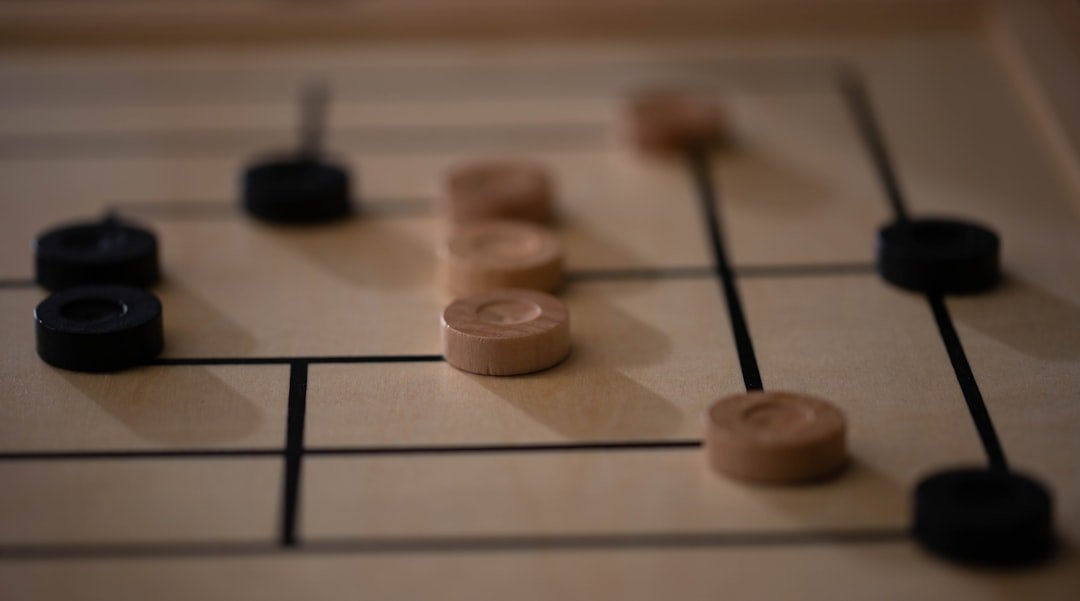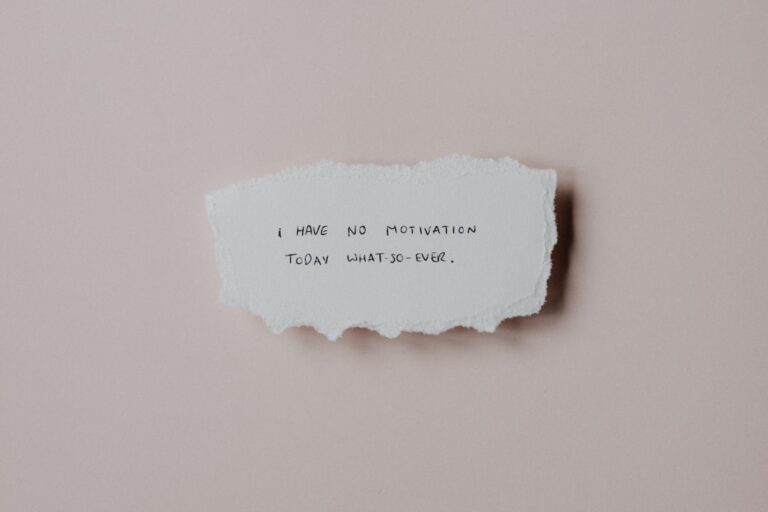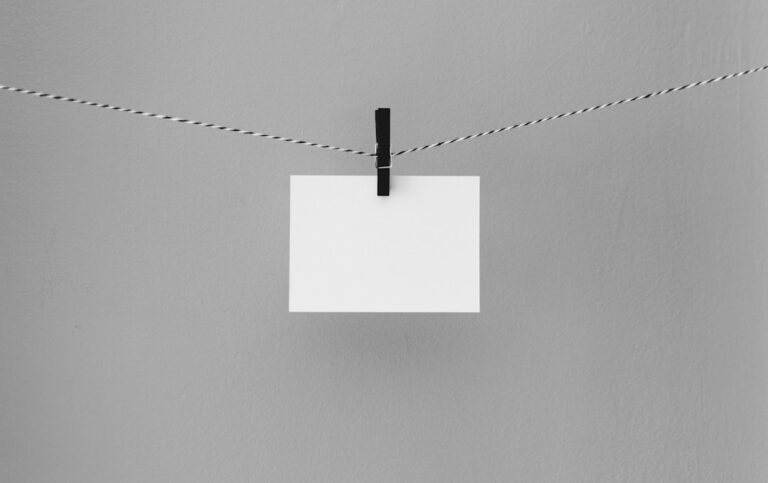
You know that feeling, right? The one where your day feels like a whirlwind, and you’re constantly reacting instead of truly living? I’ve been there, stuck in cycles of procrastination, feeling overwhelmed by everything I needed to do. Big dreams felt impossible because I couldn't even manage my to-do list.
For a long time, I struggled with this. I bounced between gaming addiction, binge eating, and just plain laziness. My days often ended with regret, wondering where all the time went. But then I started to change things, one small step at a time. A huge part of that journey, from losing over 110 pounds to building a life free from old habits, was learning to plan better.
Planning isn't about rigid schedules or becoming a robot. It's about giving yourself direction, freeing up mental space, and making intentional choices about your time and energy. It helps you build the life you want, brick by brick. If you're ready to take control, here are 12 ways I've found to improve planning skills, lessons I learned through trial and error, and a lot of grace.
1. Start Small, Think Big
Don't try to map out your entire life in one go. That's a recipe for overwhelm. Instead, start by planning your next day or your next few hours. Get comfortable with that. Once you master a day, expand to a week. The big picture gives you direction, but small steps build the path. When I was overcoming my gaming addiction, I didn't plan to quit forever immediately. I planned for one hour without gaming, then one day, then a week.
2. Know Your "Why"
Before you plan anything, ask yourself: Why does this matter? What's the purpose behind your goal? Whether it's to get healthier, finish a project, or spend more time with family, a clear "why" fuels your motivation. For me, connecting my daily choices to my deeper purpose and strengthening my faith made all the difference. It helped me find the resolve to move past old habits like drinking and smoking.
3. Break Down Big Goals
Huge goals can paralyze us. "Lose 110 pounds" felt monumental. But "walk for 30 minutes" or "eat one healthy meal" felt doable. Break your big plans into smaller, actionable steps. Each small step becomes a mini-goal, easier to tackle and less intimidating. This is how I tackled my weight loss journey, focusing on one small, consistent change at a time.
4. Use a Simple Tool
You don't need fancy apps or complicated systems. A simple notebook and pen, a basic digital calendar, or even a whiteboard can work wonders. The best planning tool is the one you’ll actually use consistently. I often use a simple bullet journal to jot down my daily tasks and priorities.
5. Schedule Deep Work Blocks
True productivity doesn't come from multitasking. It comes from focused, uninterrupted work. Identify your most important tasks and schedule specific blocks of time—say, 2-4 hours—to work on them without distractions. This is my secret weapon. I build my productive routine around these short bursts of deep work. During these times, my phone is away, and I focus completely.
6. Prioritize Ruthlessly
Not everything on your to-do list holds equal weight. Learn to distinguish between what’s urgent, important, and what can wait (or be delegated). Use a system like the Eisenhower Matrix (urgent/important, important/not urgent, etc.) or simply ask yourself: "What absolutely must get done today?" Be honest with yourself and don't be afraid to say no to things that don't align with your priorities.
7. Review and Adjust Regularly
Your plan is not set in stone. Life happens. Regularly review your progress. What worked well? What didn't? Where did you get off track? Use this feedback to adjust your future plans. This isn't about judgment; it's about learning and improving. I review my day every evening and my week every Sunday, seeing what I can do better next time.
8. Build in Buffer Time
Things rarely go exactly as planned. Meetings run over. Unexpected tasks pop up. Always add a little extra time to your estimates. This buffer prevents you from feeling constantly rushed and allows flexibility when the unexpected occurs. It reduces stress and makes your plans more realistic.
9. Plan for Rest and Recovery
Planning isn't just about work. It's about a balanced life. Schedule time for rest, prayer, family, and activities that recharge you. If you don't intentionally plan for recovery, you'll burn out. Rest isn't a luxury; it's a vital part of sustained productivity and well-being. My balanced, healthy lifestyle includes dedicated time for spiritual reflection and quiet.
10. Celebrate Small Wins
Acknowledge your progress, no matter how small. Did you stick to your plan for an hour? Did you complete one task you’d been dreading? Celebrate it! These small wins build momentum and keep you motivated, especially when you’re working on bigger goals like overcoming unhealthy habits. Each time I chose a healthy meal over binge eating, it was a win worth celebrating.
11. Practice Daily Gratitude
Before you end your day, take a moment to reflect on what went well and what you're grateful for. This practice shifts your perspective, helps you see the blessings in your efforts, and reinforces positive habits. Daily gratitude is a cornerstone of my routine, helping me appreciate the journey and strengthen my relationship with God. It helps me focus on the good, even when challenges arise.
12. Connect Planning to Your Purpose
Ultimately, planning is a tool to help you live a more intentional, purpose-driven life. For me, that means aligning my daily actions with my faith and the values I hold dear. When you see your plans as steps towards a greater purpose, they become less of a chore and more of a joyful path. Planning helps me steward my time and talents in a way that truly matters.
Improving your planning skills is a journey, not a destination. There will be days you feel on top of the world, and days you feel like you’re back to square one. That's okay. What matters is that you keep showing up, keep learning, and keep taking those small, intentional steps forward.
Which of these tips will you try first to bring more intention into your days? Start there, and watch how your life begins to change.





